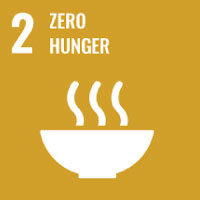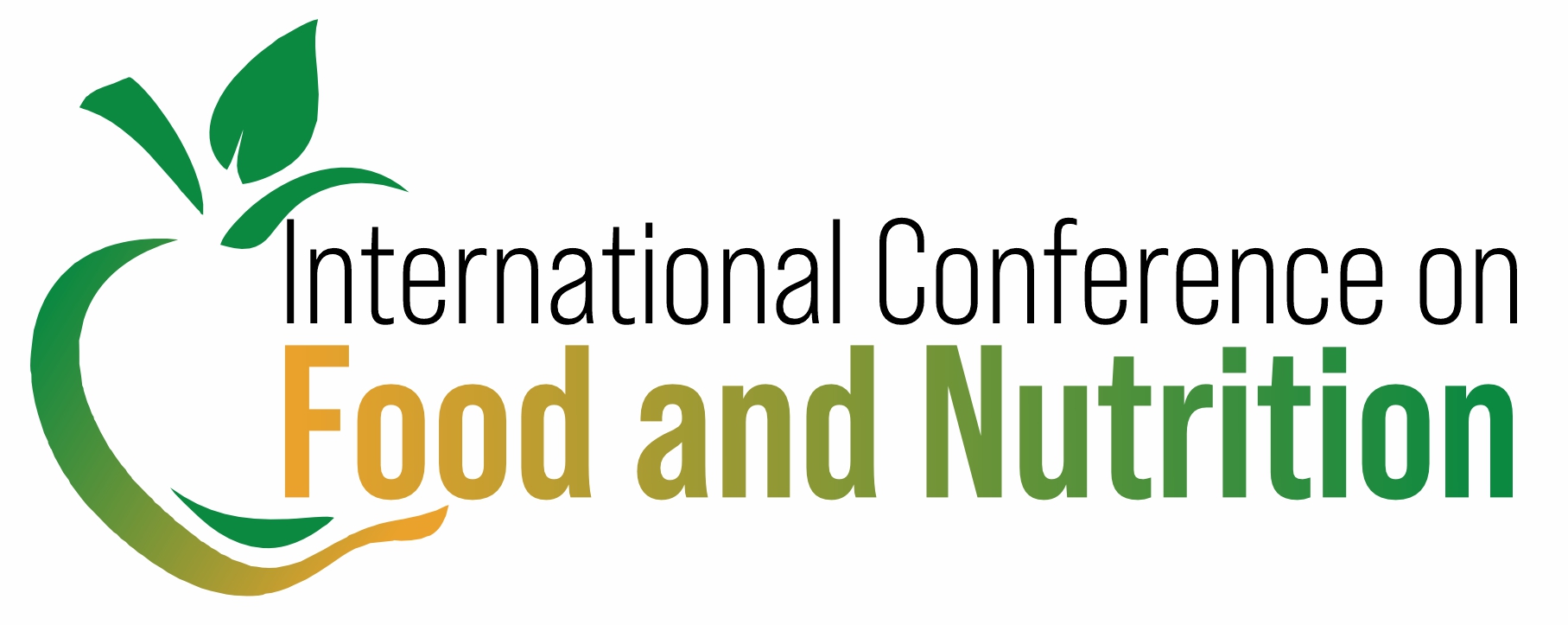- Phone
+1 (815) 859-9409
- Mail to
[email protected]
Food Systems and Climate Change Resilience
Session Overview

Goal 2: Zero Hunger
End hunger and achieve food security by improving agricultural productivity and ensuring equal access to nutritious food for all. Promote sustainable agriculture to tackle global hunger challenges.

Goal 13: Climate Action
Take urgent action to combat climate change and its impacts through mitigation and adaptation strategies. Promote sustainable practices to reduce carbon emissions and safeguard ecosystems.
Who Can Join
Tracks
Topics of Interest for Submission include, but are not limited to:
1 Carbon Footprint Reduction in Food Supply Chains
2 Disaster Preparedness and Food Security
3 Adaptation of Crop Varieties to Climate Change
4 Water Management in a Changing Climate
5 Policies and Global Cooperation for Climate Resilient Food Systems
Key Themes:
- Exploring cutting-edge technologies that revolutionize culinary practices, enhance food production efficiency, and offer innovative gastronomic experiences.
- Addressing strategies to tackle hunger, food scarcity, and equitable food distribution in the context of growing global populations and resource constraints.
- Highlighting advancements in food safety protocols, contamination prevention, and hygiene practices to ensure healthier consumption.
- Investigating the integration of traditional diets and medicinal foods into modern nutritional science for enhanced well-being.
- Emphasizing the role of diverse dietary habits and cultural influences in shaping sustainable and inclusive nutrition systems.
- Advocating for sustainable farming techniques, eco-friendly food production systems, and technological interventions in agriculture.
- Exploring adaptive strategies for food systems to withstand and mitigate the impacts of climate change.
- Discussing the potential of plant-based, lab-grown, and other alternative proteins as sustainable solutions for future food needs.
- Promoting awareness, policy-making, and advocacy efforts for better public nutrition and health outcomes globally.







